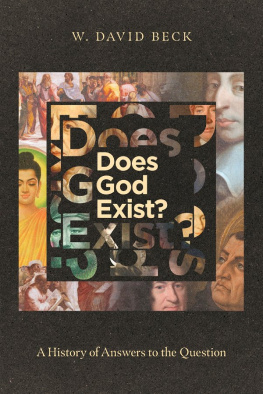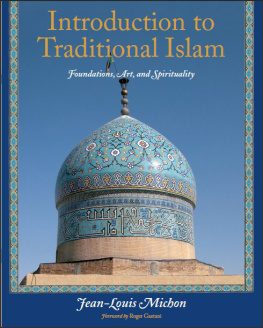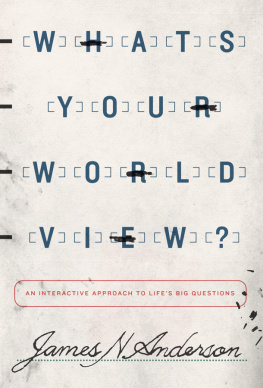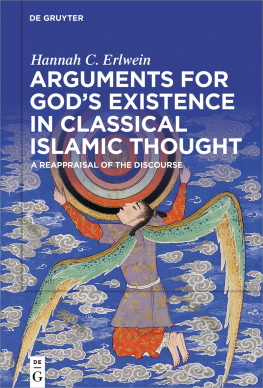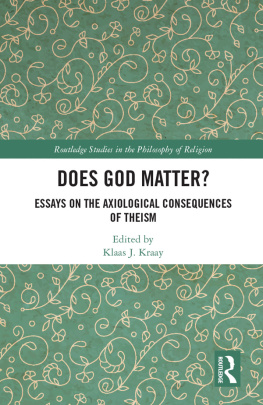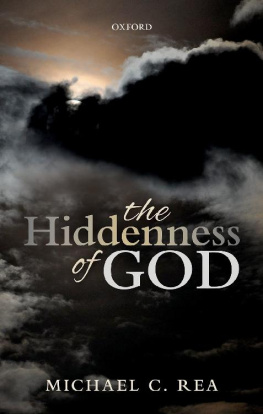GREAT ISLAMIC WRITINGS
Faith and
Reason in Islam
GREAT ISLAMIC WRITINGS
Faith and
Reason in Islam
Averroes Exposition of Religious Arguments
AVERROES
Translated with footnotes, index and bibliography by
IBRAHIM Y. NAJJAR
with an introduction by
MAJID FAKHRY

FAITH & REASON IN ISLAM
This ebook edition published by Oneworld Publications, 2014
First published by Oneworld Publicatios, 2001
Oneworld Publications
10 Bloomsbury Street
London WC1B 3SR
England
Copyright Ibrahim Y. Najjar 2001
All rights reserved
Copyright under Berne Convention
A CIP record for this title is available
from the British Library
ISBN: 978-1-85168-263-8
eISBN: 978-1-78074-677-7
Cover design Design Deluxe
Stay up to date with the latest books,
special offers, and exclusive content from
Oneworld with our monthly newsletter
Sign up on our website
www.oneworld-publications.com
For Marina, Stephanie, Nouri, and Sally
Contents
Preface
The modern Arabic edition of Al-Kashfan Manhij al-Adilla ft Aqid al-Milla by Abul-Wald Ibn Rushd (Averroes), A Spanish translation of this trilogy was published by M. Alonso in 1947 as Teologia de Averroes, Madrid-Granada.
The Mller edition was reprinted many times in Cairo, but more recently a critical edition of Al-Kashf was published in Cairo in 1964 by Mahmud Qasim, upon which the present English translation is based.
Manuscript number 129 is found in the Taymuria library in the House of Egyptian Books and is referred to here in the footnotes as A. It is dated 1202H. and written in an elegant Ottoman hand, but is itself copied from an earlier version written by Abdullah Ibn Uthman in 1135H. However, many pages in it are missing. Manuscript number 133, found also in the Taymuria library, is referred to as B. This is written in a Maghribi hand, but is undated, though it seems more recent than the previous one and considerably more accurate. The copy of Manhij which was published by M. J. Mller under the title Philosophie und Theologie Von Averroes in 1859 is referred to here as Mller.
Ibn Rushd cites verses from the Quran without giving their numbers. The reader is supplied with verse numbers and an index. Majid Fakhrys modern translation of the Quran is used as reference.
As mentioned earlier, Al-Kashf, together with Fal al-Maql he translated a small part of chapter nine and chapter ten of Al-Kashf.
Isb Rushds Exposition of Religious Arguments contains sufficient evidence to motivate the reader to re-examine many popular views about Ibn Rushd. I will briefly draw the attention of the reader to some of the issues in the book where such a re-examination is called for. Some believe that Averroes is an Aristotelian rationalist who was bent on undermining or subverting religion, albeit while upholding the harmony between religion and philosophy or faith and reason. It is also believed that having accepted the Aristotelian metaphysics and the place of the Unmoved Mover in it Ibn Rushd could not believe in the creation of the world, revealed religions and the hereafter. The reader of The Exposition, however, will be surprised to find Ibn Rushd offering one argument after another in support of a different position. While maintaining the harmony between religion and philosophy, Averroes shows that neither discipline is in need of subverting the other. They are both legitimate human endeavors with clear lines of demarcation. They work in harmony with each other rather than in conflict. This is evident in the crucial issue of the separation between clear religious texts and vague or ambiguous ones. While no disagreement arises about clear religious texts and their acceptance is required of all believers upon faith, ambiguous texts call for interpretation and the interference of reason. One obvious requirement is that interpretations cannot come into conflict with clear and unambiguous texts. Reason is necessary, and without it the understanding of religious texts remains incomplete.
Another issue dealt with in The Exposition is the central belief in the existence of God and the related problem of the creation of the world. Ibn Rushds position on both counts is clear and his arguments are quite elaborate, simple and straightforward. He takes the theologians to task, especially the Asharites, scrutinizing their arguments and maintaining that their attempt to prove the creation of the world is flawed. He distinguishes two proofs offered by this school: the first is adhered to by the majority of this group and the second is held by Ab al-Mali al-Juwayni, the illustrious teacher of Ab Hmid al-Ghazli. The first argument rests on three premises: that substances are always found inseparable from accidents, that accidents are created; and that what cannot exist separately from created accidents is itself created. The crux of Averroes criticism of this argument is that it fails to apply to the world as a whole, even though it might apply to individual substances in it. As far as Ab al-Malis argument is concerned, it is based on two premises: that the world with everything in it is contingent, i.e., it could have been other than what it is, and that whatever is contingent is created. Ibn Rushd rejects this argument, pointing to its Avicennian origins and maintaining that its first premise is merely rhetorical and factually incorrect, and that its second premise is not demonstrable; the two great philosophers Plato and Aristotle took opposite views regarding it. Ab al-Malis proof misses its point; instead of pointing to the wise creator of the world, it repudiates the principles of causality, thus abandoning the world to the vagaries of coincidence.
According to Ibn Rushd, there are two arguments that prove the existence of God and that everyone accepts: the argument from invention, Dalil al-Ikhtira and the argument from design, Dalil al-Inaya. Observation shows that everything in the world is ordered according to a fixed causal pattern which is conducive to serving the universal goal of the existence and well-being of mankind, as the Quran itself asserts in a series of verses. Likewise, observation, supported by many verses in the Quran, shows that there are created or invented substances in the world, like the coming of life out of inanimate objects and the creation of sensations and cognitions. The Precious Book (the Quran) also contains many verses that refer to the two arguments combined. Averroes maintains that when rational beings find objects in nature possessing the definite characteristics referred to by these two arguments namely the utility and purposefulness of their parts to human purposes they infer the existence of a wise Maker or manufacturer behind them. Similarly, when one contemplates the world with its existing entities and sees how well they are ordered and causally related, and observes their conduciveness to life and the well-being of mankind, it becomes rather impossible not to attribute the existence of the world to a wise Maker who is God. Ibn Rushd does not believe that there are deductive arguments that can prove the existence of God, but his two inductive arguments are the only arguments the human mind is capable of offering to prove the existence of God. Chapter one and the first part of chapter five of this translation offer a full discussion of these two arguments.

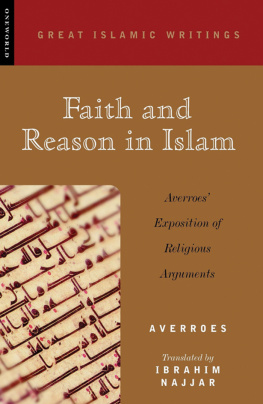
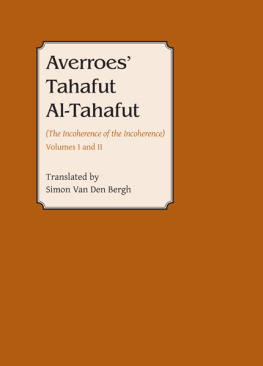

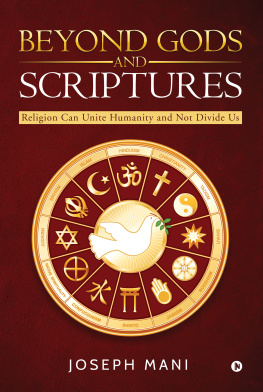
![Averroes on Platos Republic [trans. Ralph Lerner] (Cornell - Averroes on Plato’s Republic](/uploads/posts/book/324094/thumbs/averroes-on-plato-s-republic-trans-ralph.jpg)
